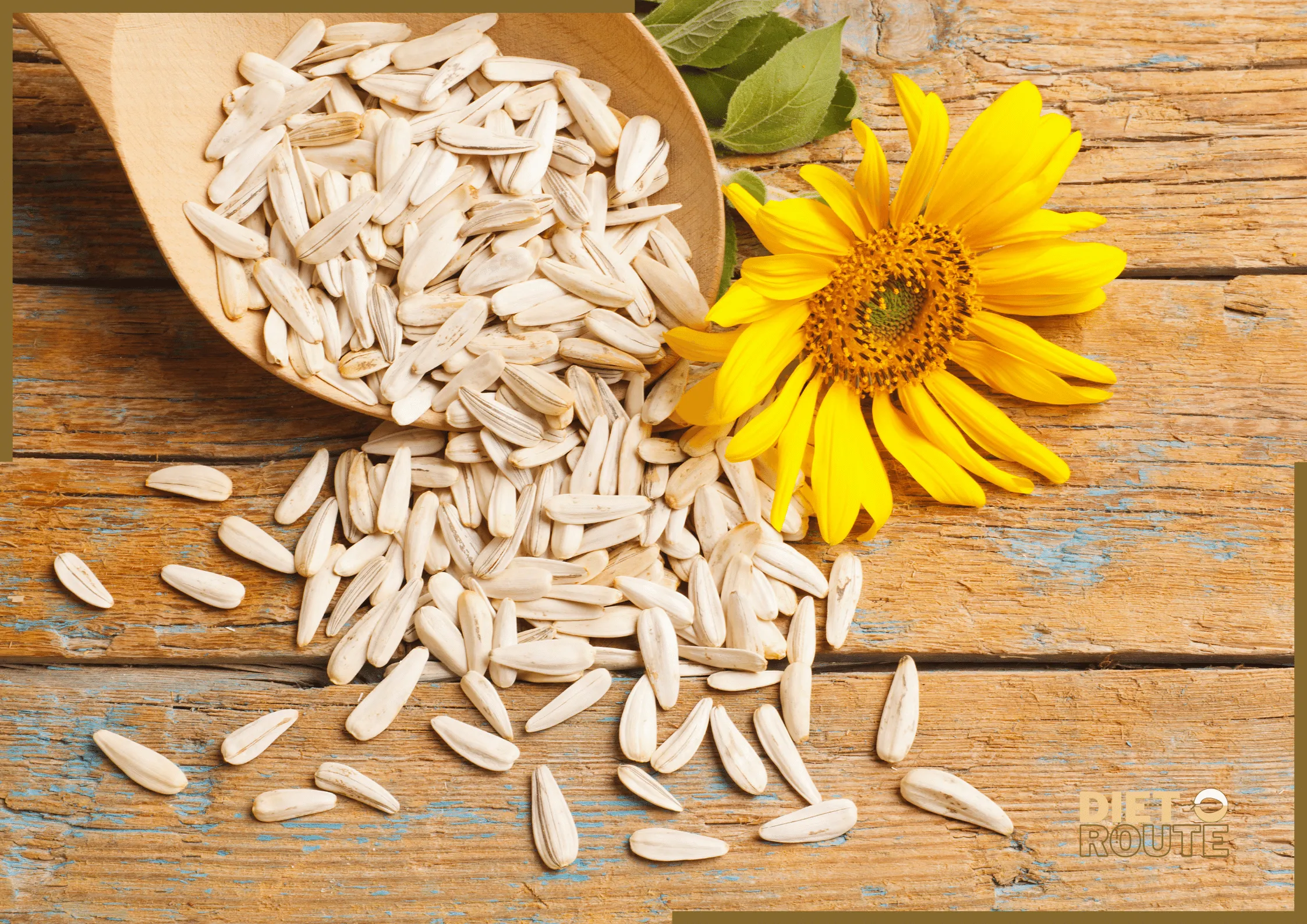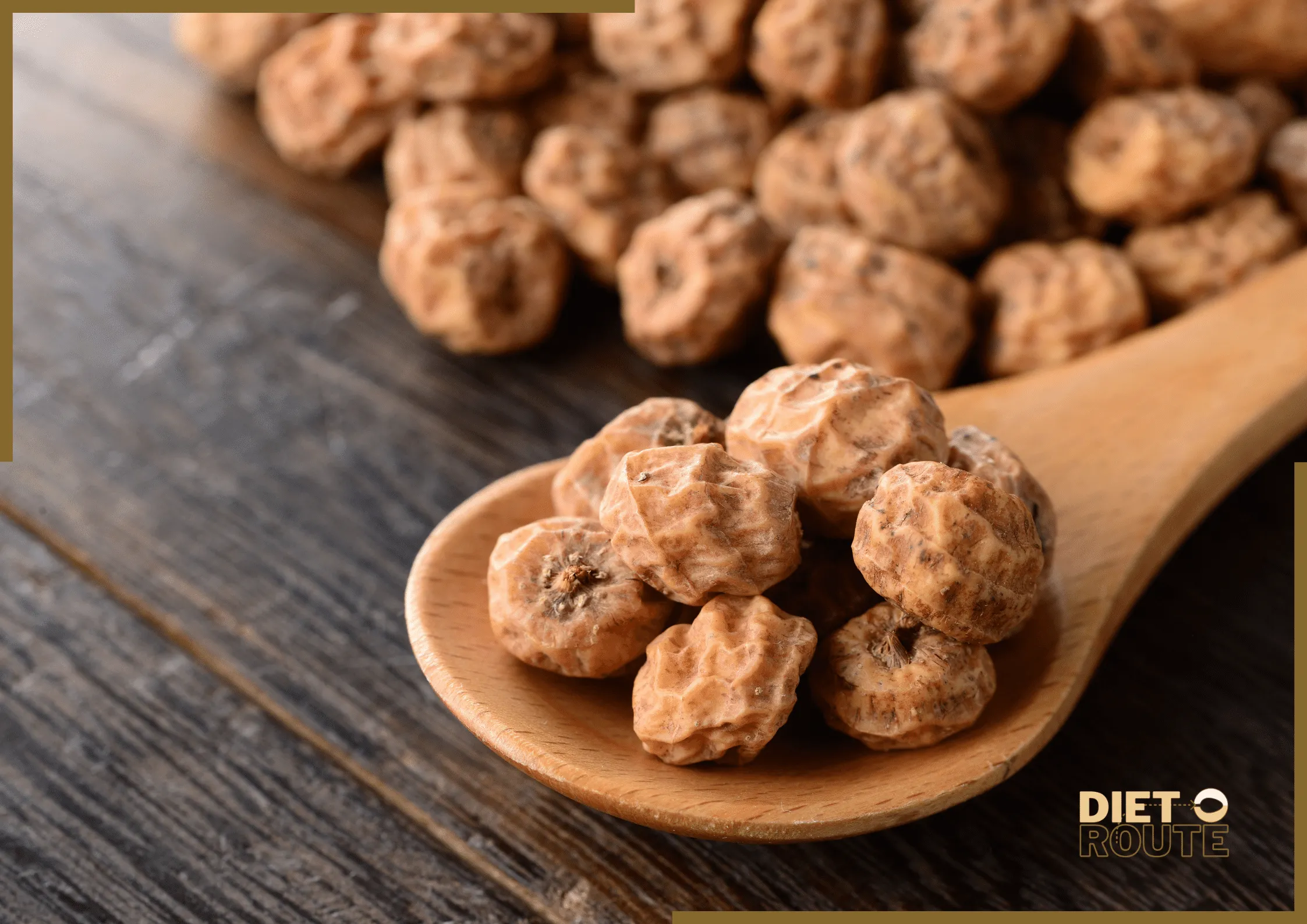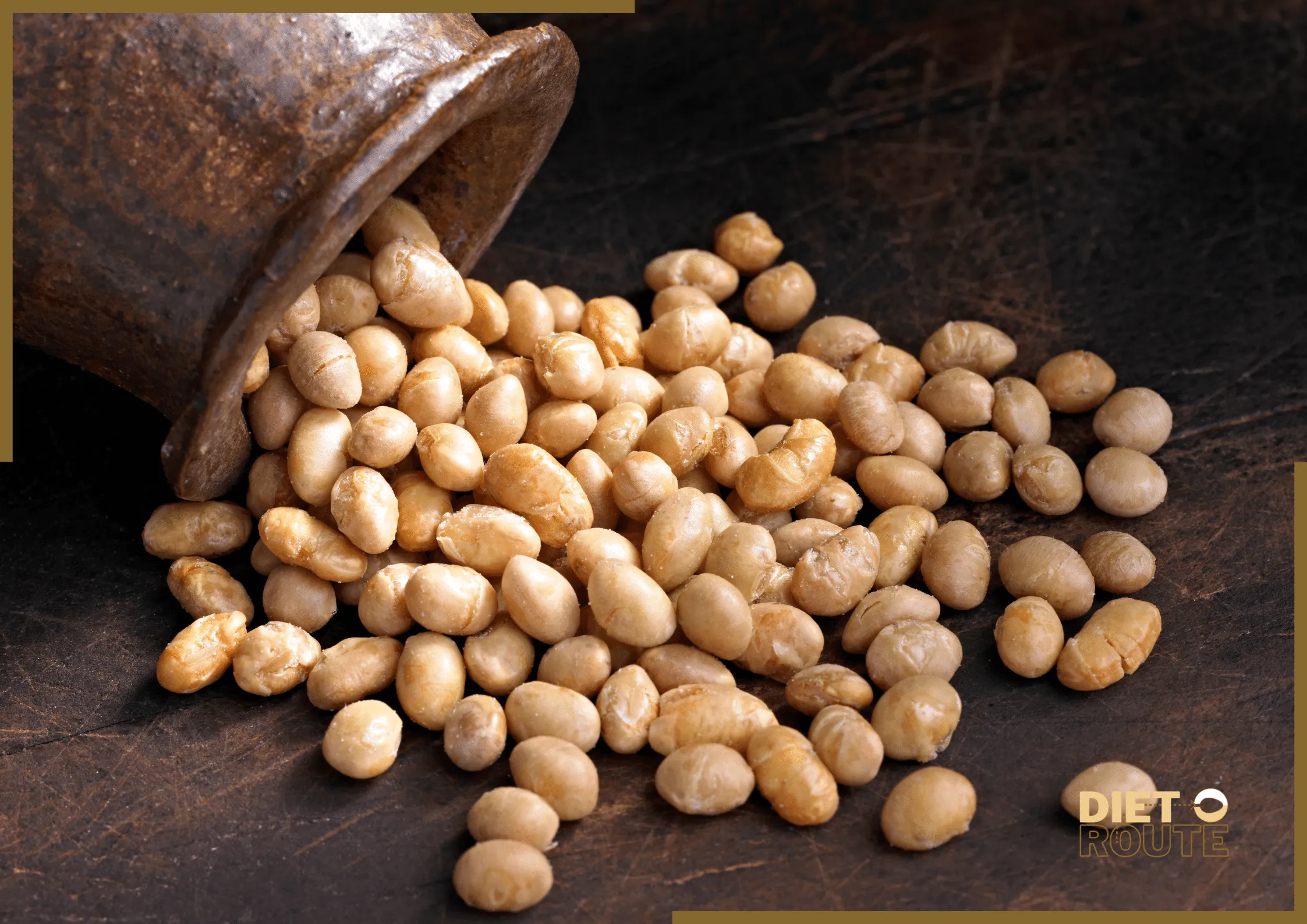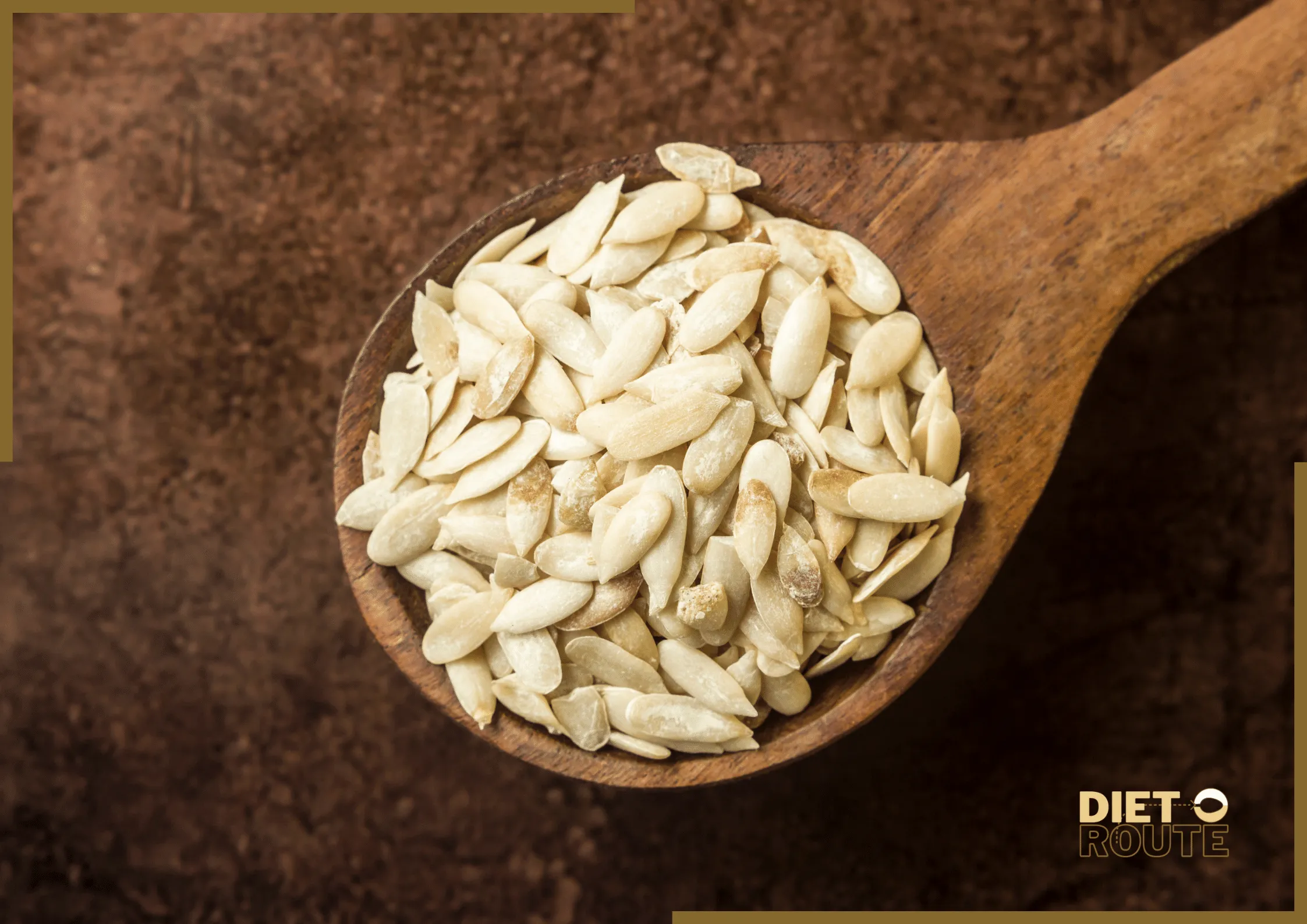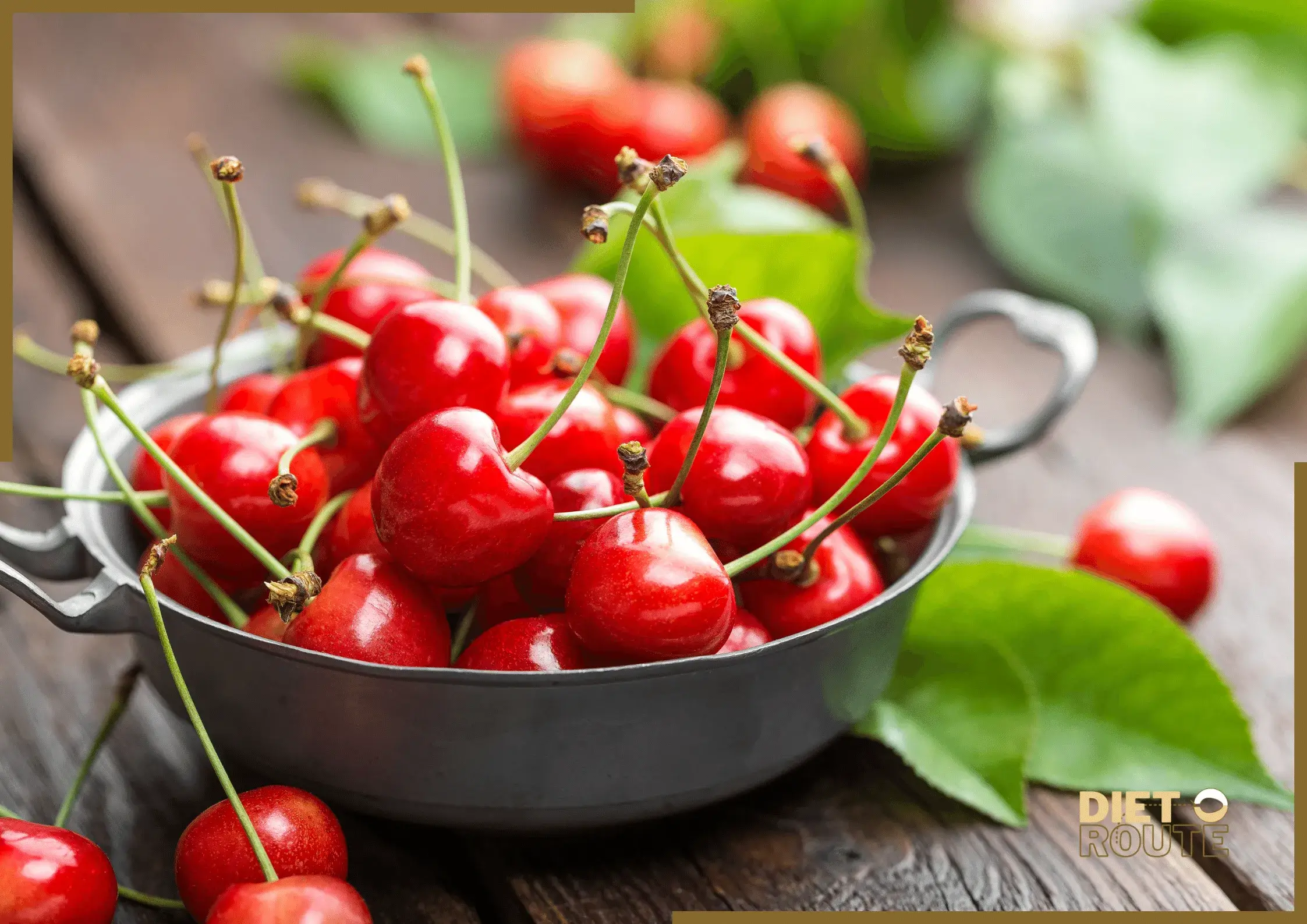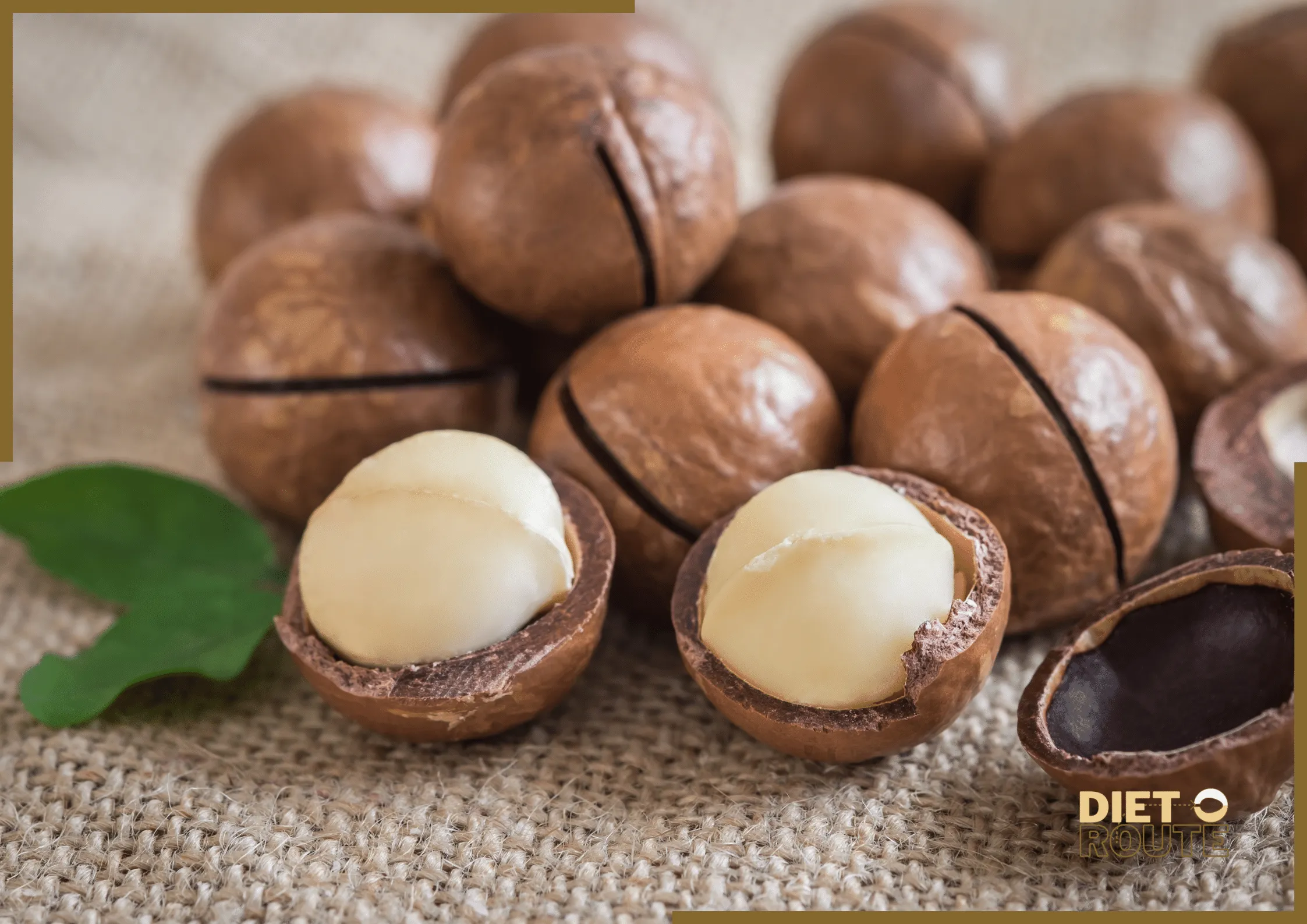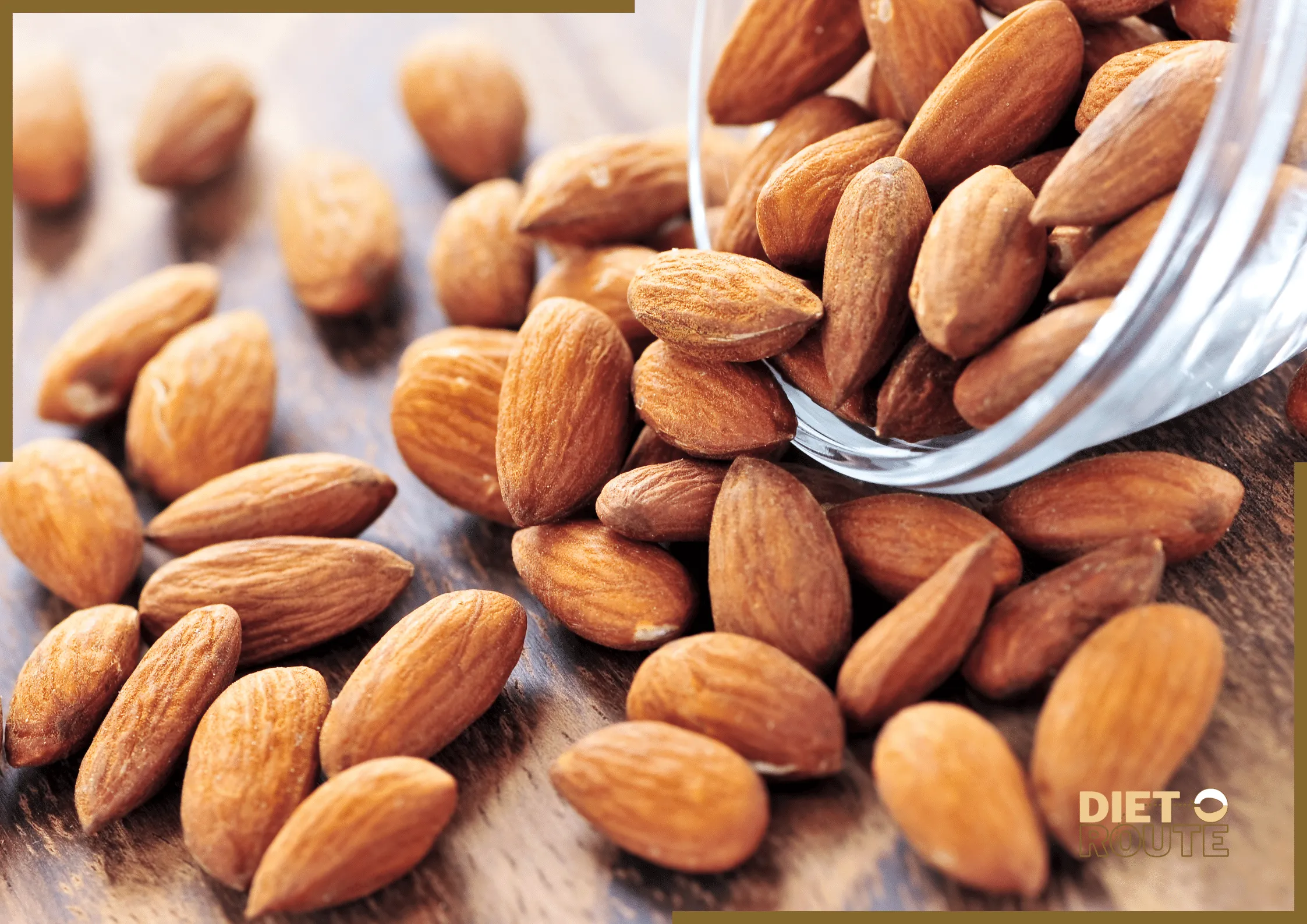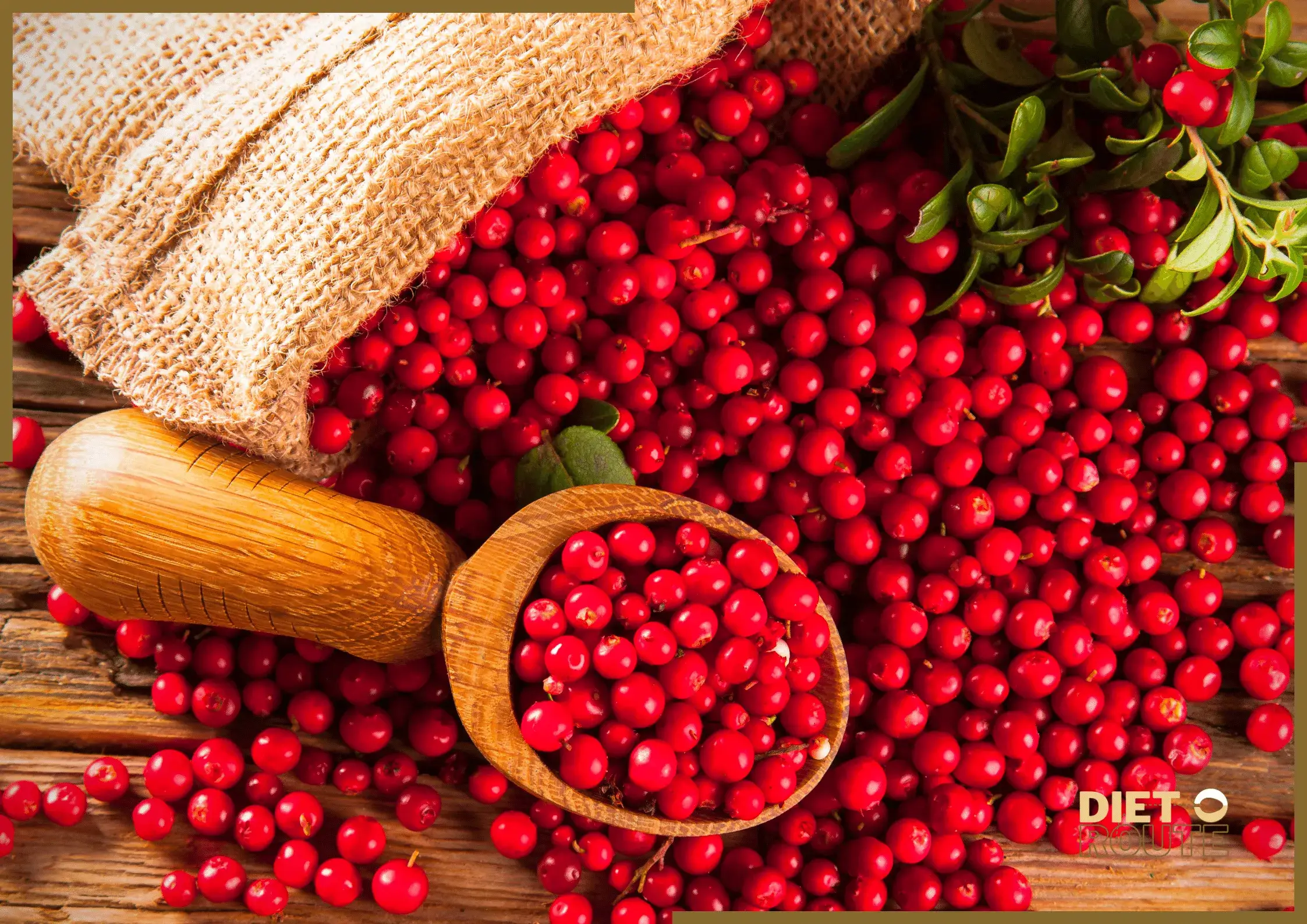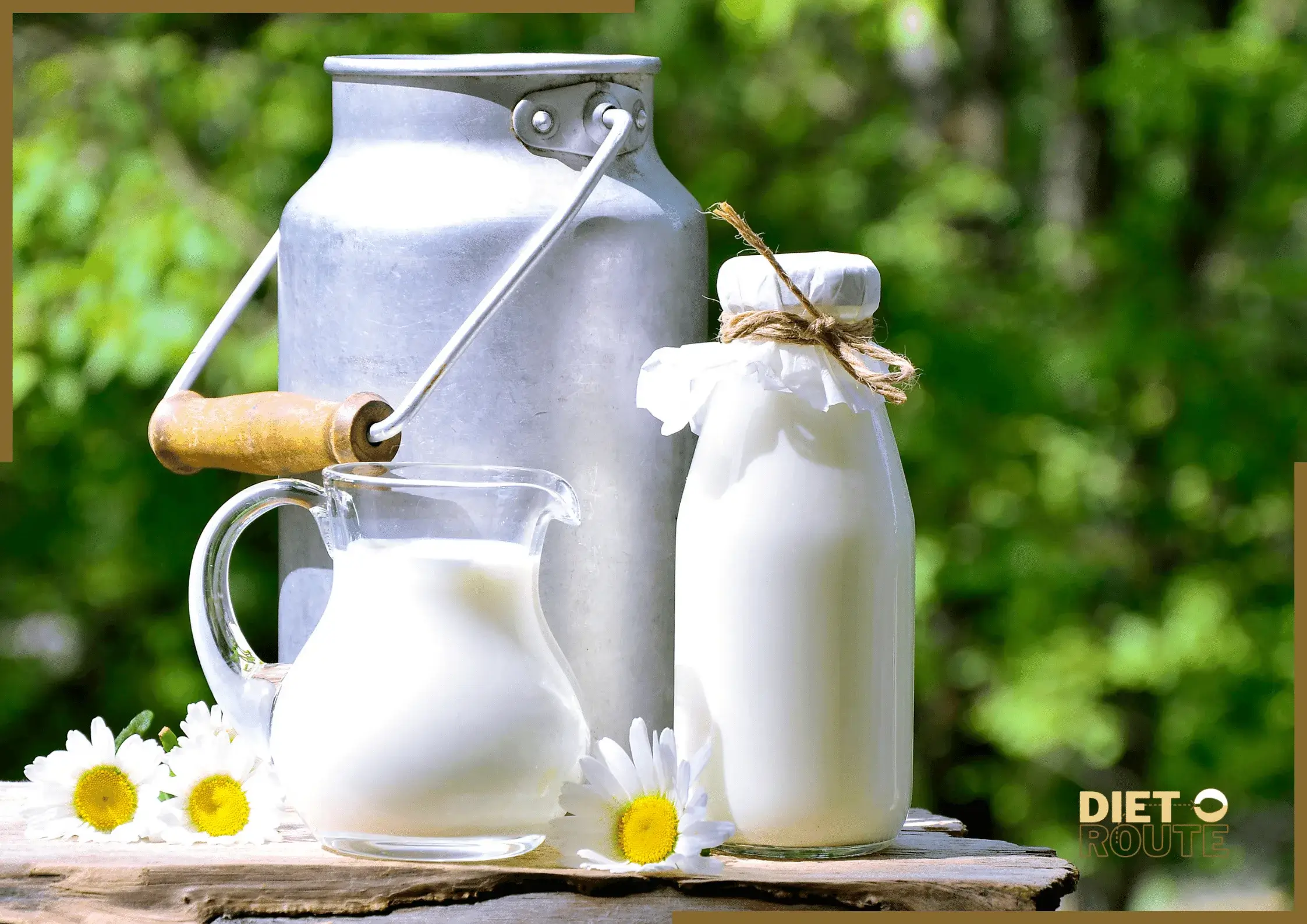Table of Contents
Introduction
Sunflower seeds are a popular snack enjoyed for their nutty flavor and satisfying crunch. Not only do they make a delicious snack, but they also offer several nutritional benefits. In this comprehensive guide, we will explore the nutritional value of sunflower seeds, providing a detailed tabular breakdown of their nutrients, discussing their pros and cons, answering frequently asked questions, and highlighting their significance in a balanced diet.
Nutritional Value Approximately 100g
The values provided are approximate can vary depending on the size and ripeness.
| Nutrient | Amount | % Daily Value |
| Calories | 584 | 29% |
| Total Fat | 51.5 g | 79% |
| Saturated Fat | 4.5 g | 23% |
| Trans Fat | 0 g | – |
| Cholesterol | 0 mg | 0% |
| Sodium | 9 mg | 0% |
| Potassium | 645 mg | 18% |
| Total Carbohydrate | 20.9 g | 7% |
| Dietary Fiber | 8.6 g | 34% |
| Sugars | 2.6 g | – |
| Protein | 20.8 g | 42% |
| Vitamin C | 1.4 mg | 2% |
| Calcium | 78 mg | 8% |
| Iron | 5.25 mg | 29% |
| Magnesium | 325 mg | 81% |
| Phosphorus | 660 mg | 66% |
*Percent Daily Values (% DV) are based on a 2,000-calorie diet.
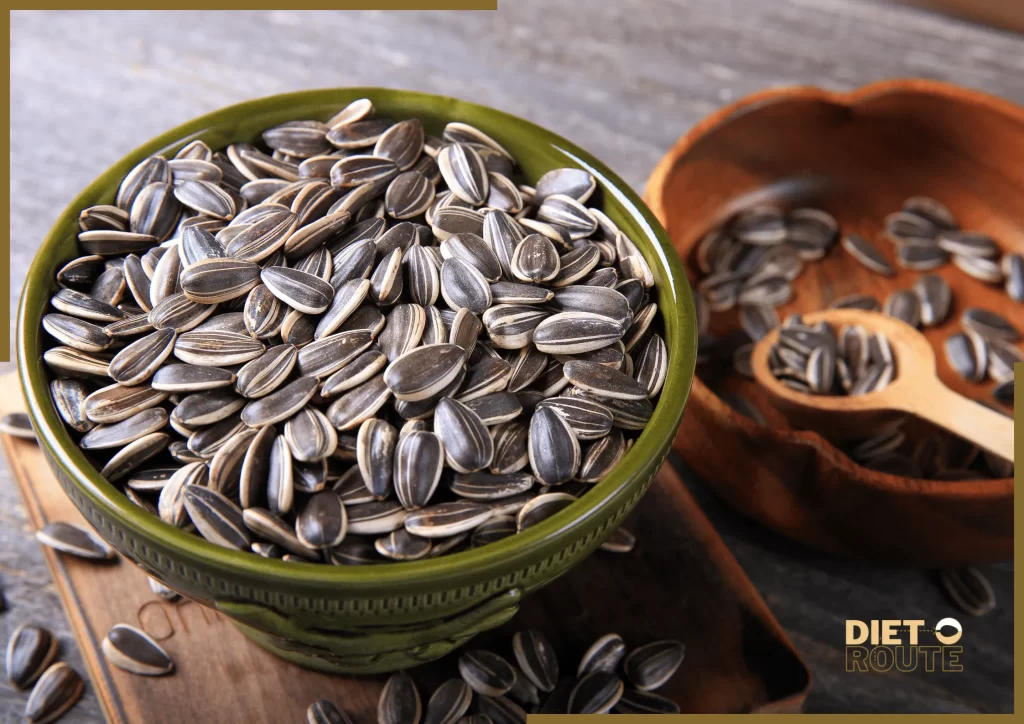
Pros
1.Sunflower seeds are a great source of essential nutrients such as healthy fats, protein, fiber, vitamins, and minerals.
2. Heart-healthy fats are beneficial for maintaining a healthy heart due to their optimal balance of monounsaturated and polyunsaturated fats.
3. They are a great source of vitamin E, which is an antioxidant that aids in protecting cells from harm caused by free radicals.
4. These seeds are a rich source of magnesium, a mineral that is essential for muscle and nerve function and bone health.
5. These seeds are an excellent source of plant-based protein, making them a valuable addition to vegetarian and vegan diets.
Cons
1. These seeds are a great source of nutrition, but it’s important to consume them in moderation due to their high calorie content to avoid excessive calorie intake.
2. If you experience any allergic reactions, it’s important to seek medical advice as some individuals may be allergic to sunflower seeds.
Frequently Asked Questions (FAQs)
-
1. Can individuals with nut allergies consume sunflower seeds?
They are classified as seeds and not nuts, which means they are safe for people with nut allergies. It is recommended that individuals with severe allergies seek advice from a healthcare professional prior to incorporating them into their diet.
-
2. Do sunflower seeds aid in weight control?
They are a great addition to your weight management plan as they are rich in protein and fiber, which can help you feel full and satisfied. This can help you control your appetite and avoid overeating.
-
3. Are sunflower seeds cholesterol-free?
These seeds are a heart-healthy snack option as they are naturally free from cholesterol.
-
4. Is vitamin E adequately supplied by sunflower seeds?
These seeds are a rich source of vitamin E, which is an antioxidant that supports skin health, immune function, and cell protection.
-
5. Are sunflower seeds gluten-free?
These seeds are a great gluten-free option for people who have celiac disease or gluten intolerance. They are naturally free of gluten.
-
6. Are omega-3 fatty acids present in sunflower seeds?
They are a good source of healthy fats, but they do not provide a substantial amount of omega-3 fatty acids. It is advisable to include additional sources of omega-3s in your diet, such as flaxseeds or fatty fish.
-
7. Is it safe to eat sunflower seeds while pregnant?
They are safe to eat during pregnancy as a part of a well-balanced diet, as they offer crucial nutrients. It is recommended to seek personalized advice from a healthcare professional.
-
8. Do sunflower seeds have cholesterol-lowering properties?
These seeds contain monounsaturated and polyunsaturated fats that can potentially reduce LDL or “bad” cholesterol levels when included in a balanced diet.
-
9. What is the best way to store sunflower seeds for optimal freshness?
For optimal freshness, it is recommended to store these seeds in a cool and dry place, away from direct sunlight, in an airtight container.
-
10. What are the possible side effects of eating sunflower seeds?
They may cause digestive discomfort or allergic reactions in some people. In case of any negative responses, stop consuming and consult a medical professional.
In a Nut Shell
Sunflower seeds are a great source of essential nutrients such as healthy fats, protein, fiber, vitamins, and minerals that can benefit your diet. These foods provide various health benefits, including promoting heart health, supplying antioxidants, and aiding in bone health. It is crucial to consume them in moderation because of their high calorie count. Sunflower seeds are a versatile and delicious snack that can be enjoyed on their own or added to salads, baked goods, or used as a topping for various dishes. Discover the health benefits of sunflower seeds and incorporate them into your diet for optimal nutrition!
